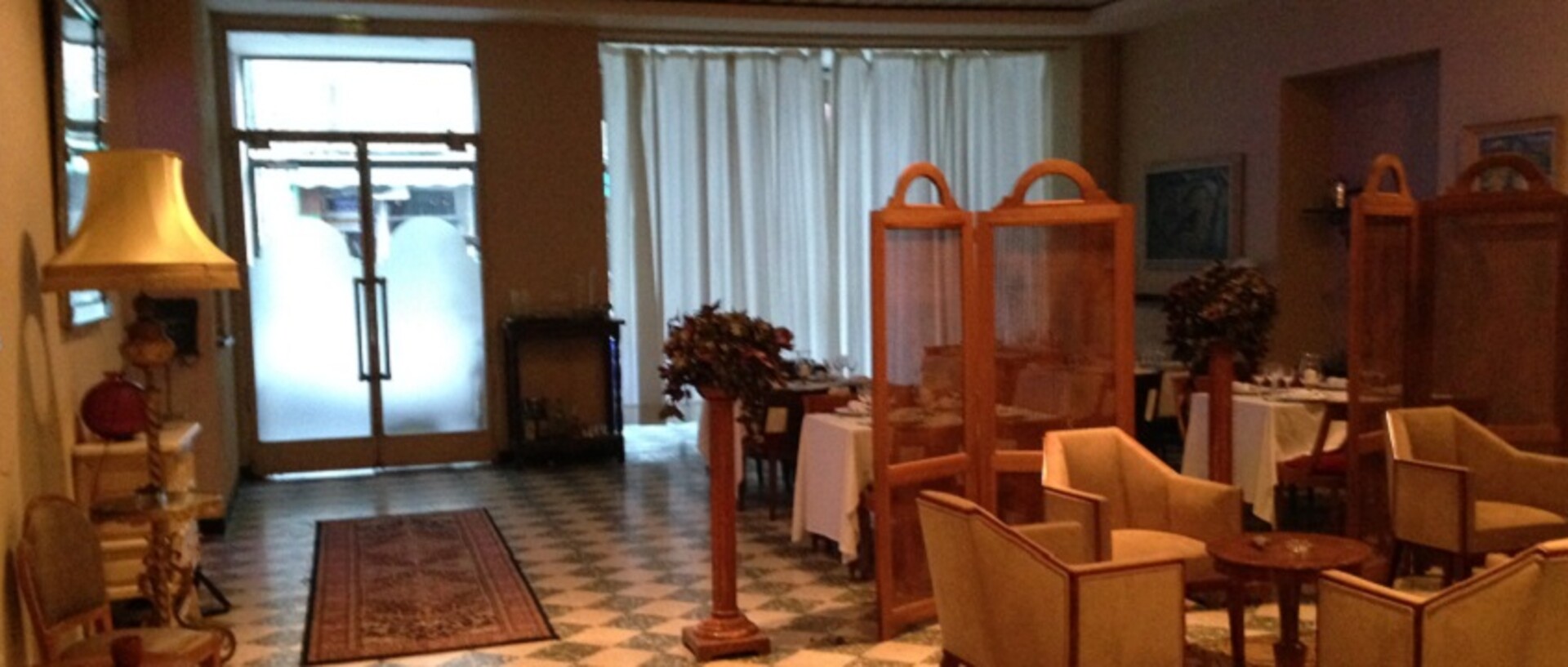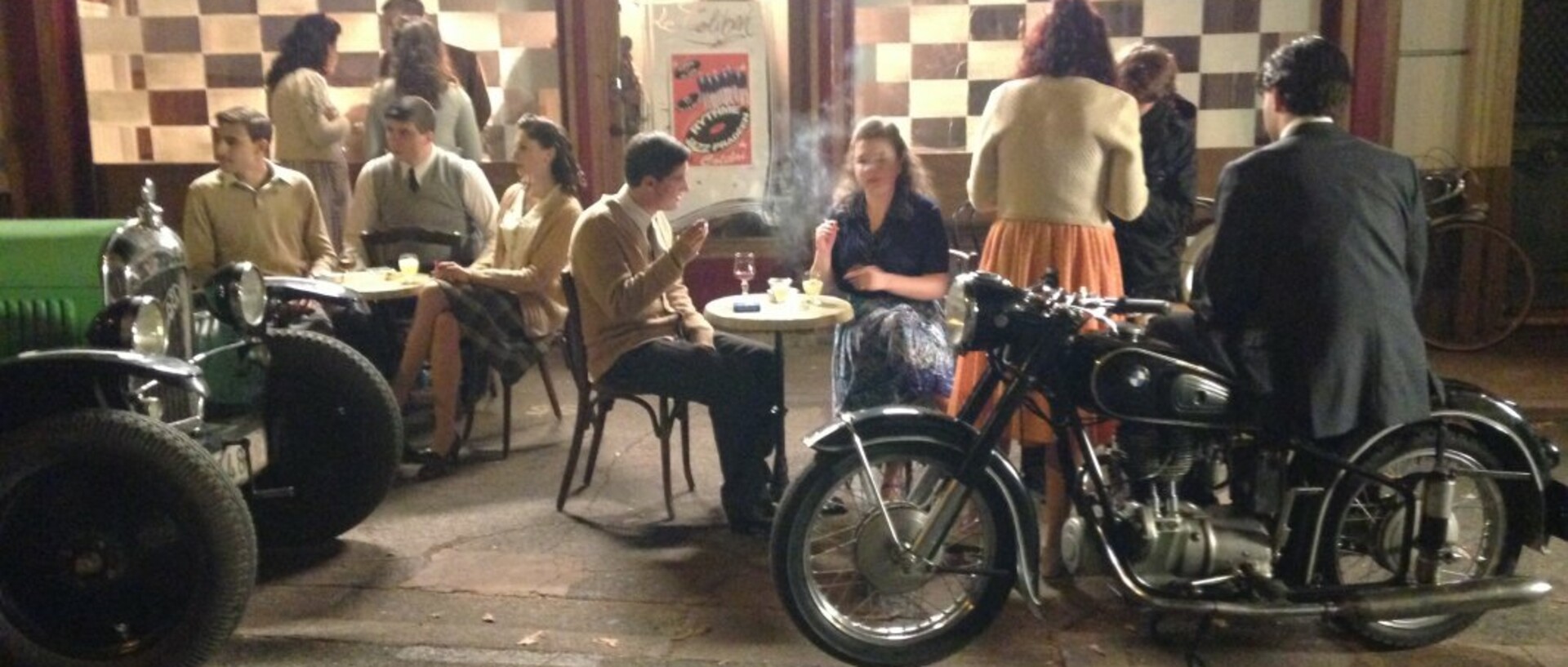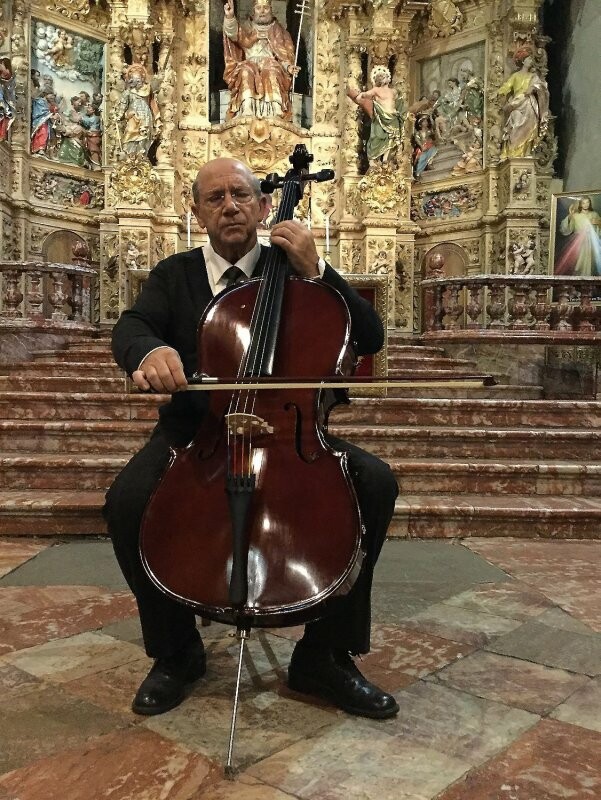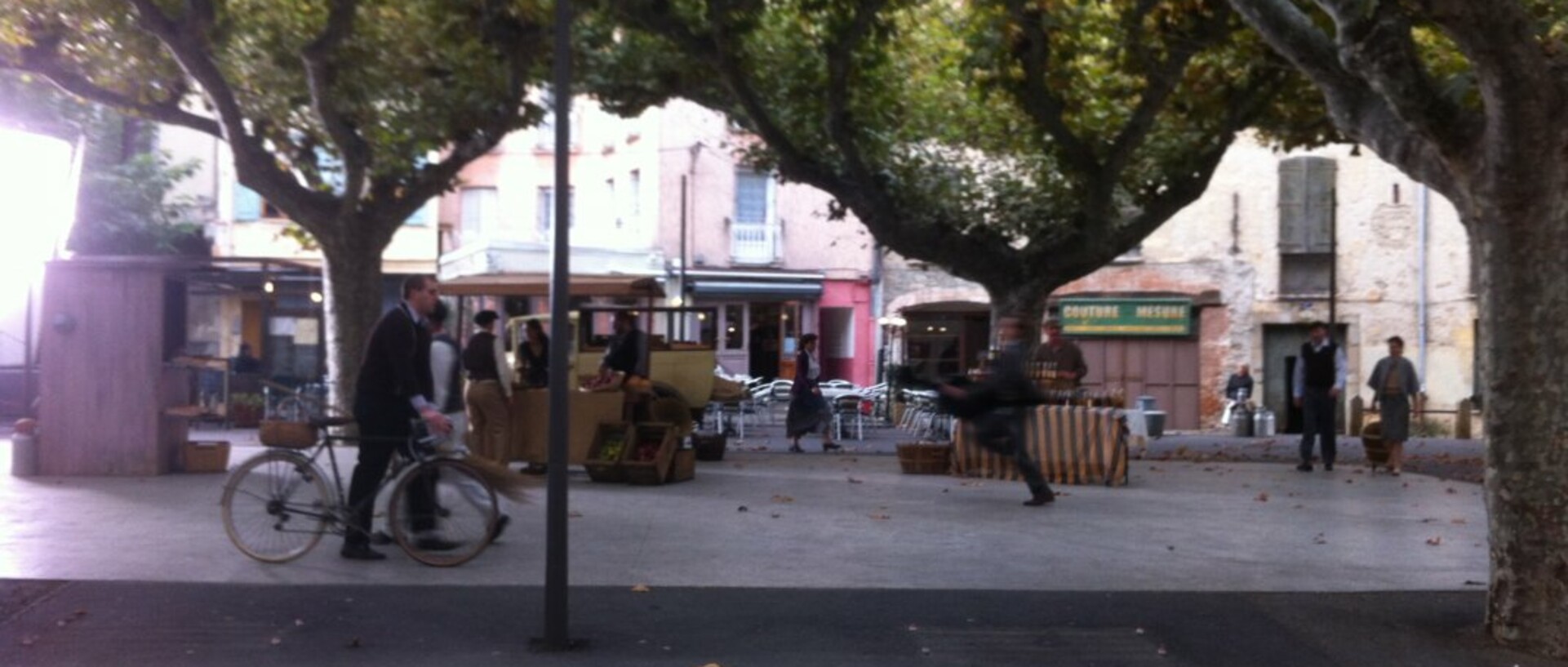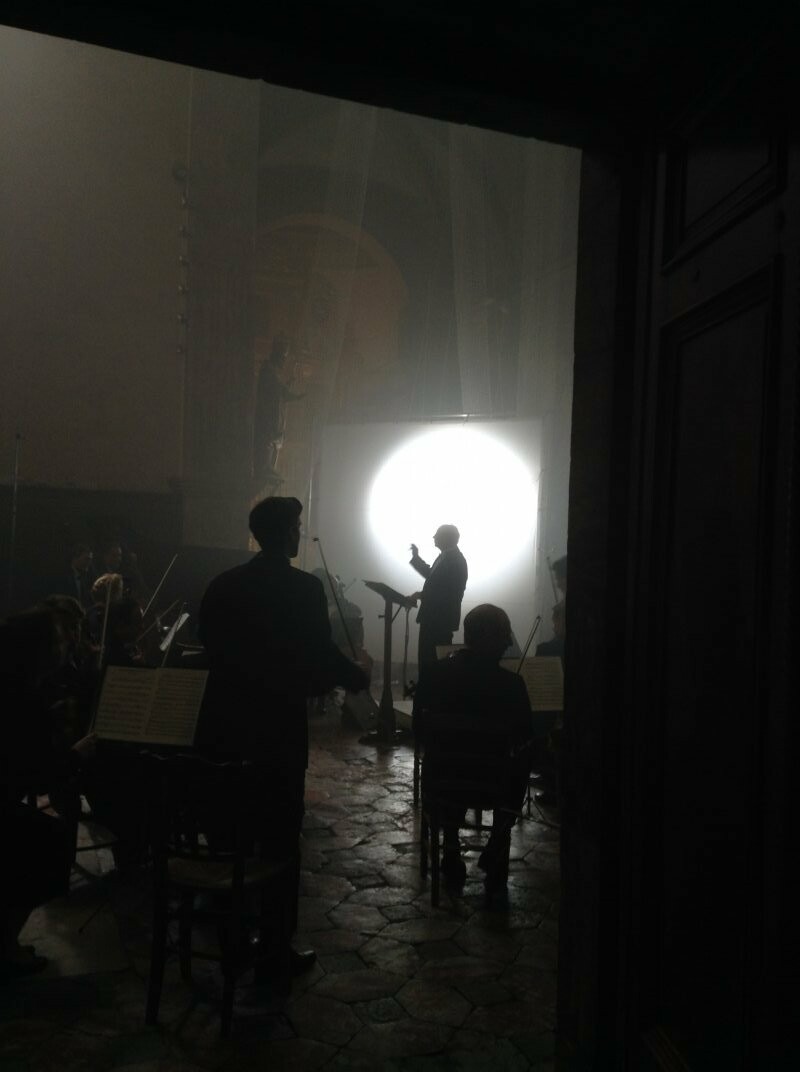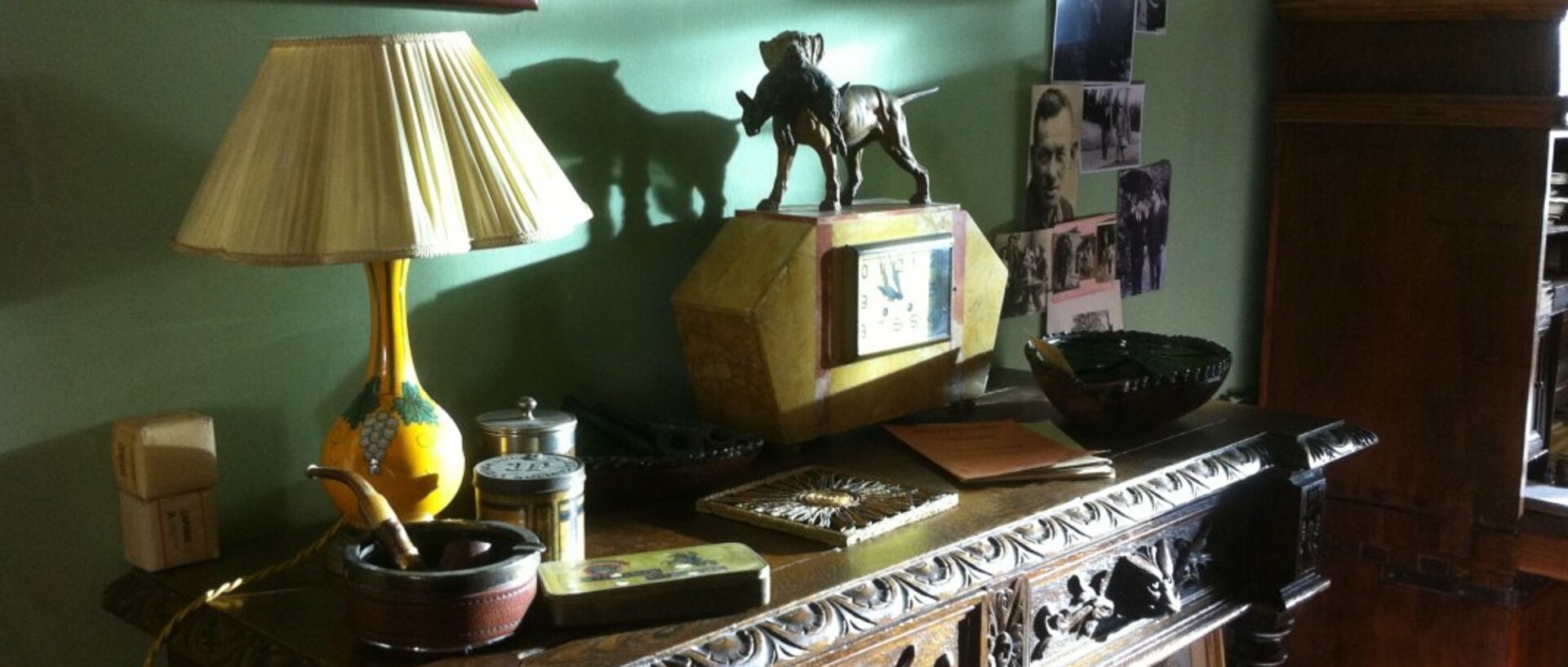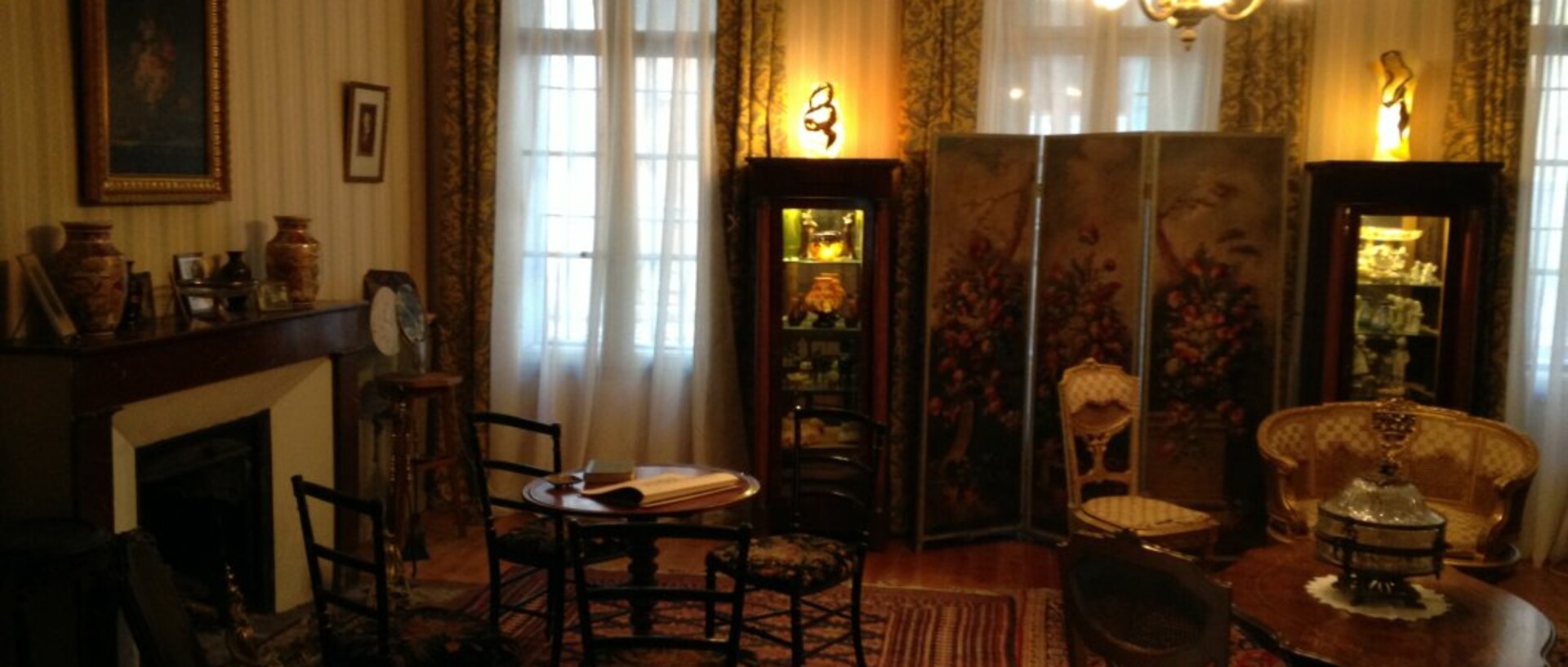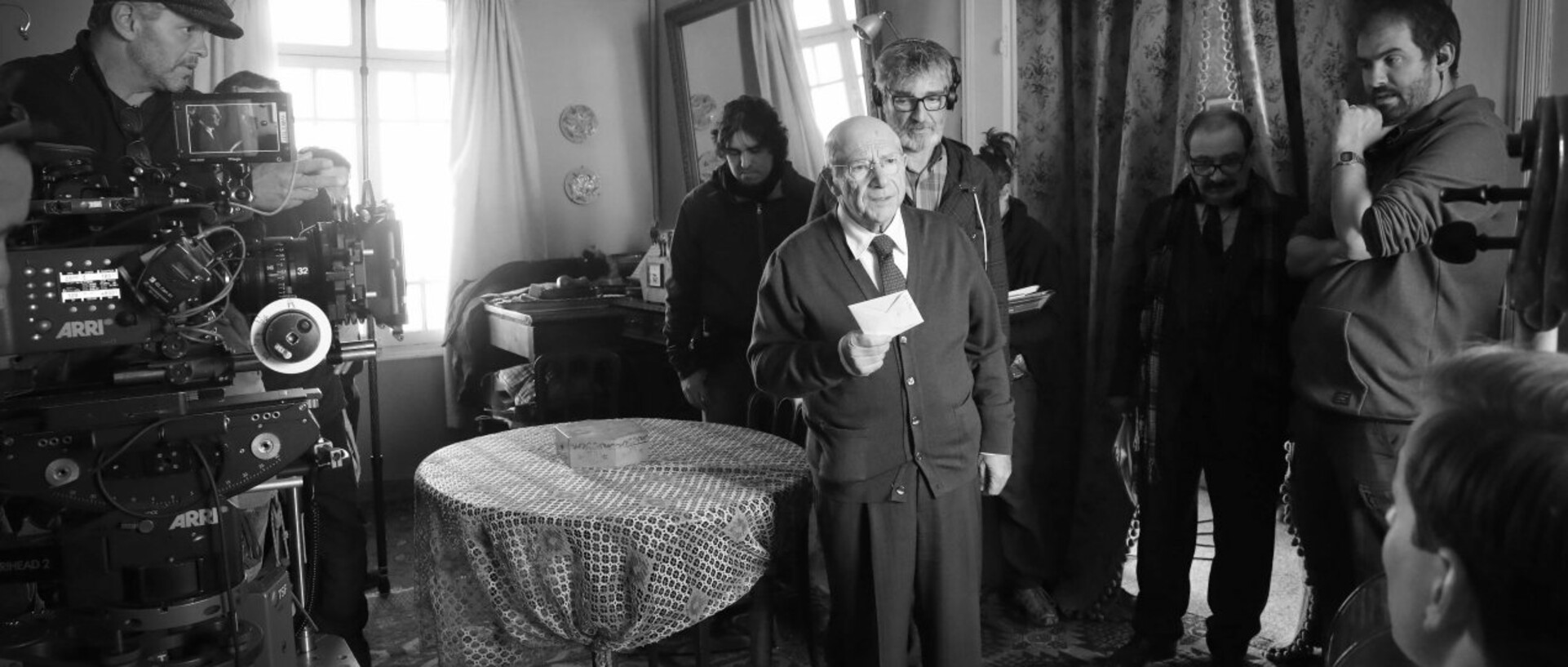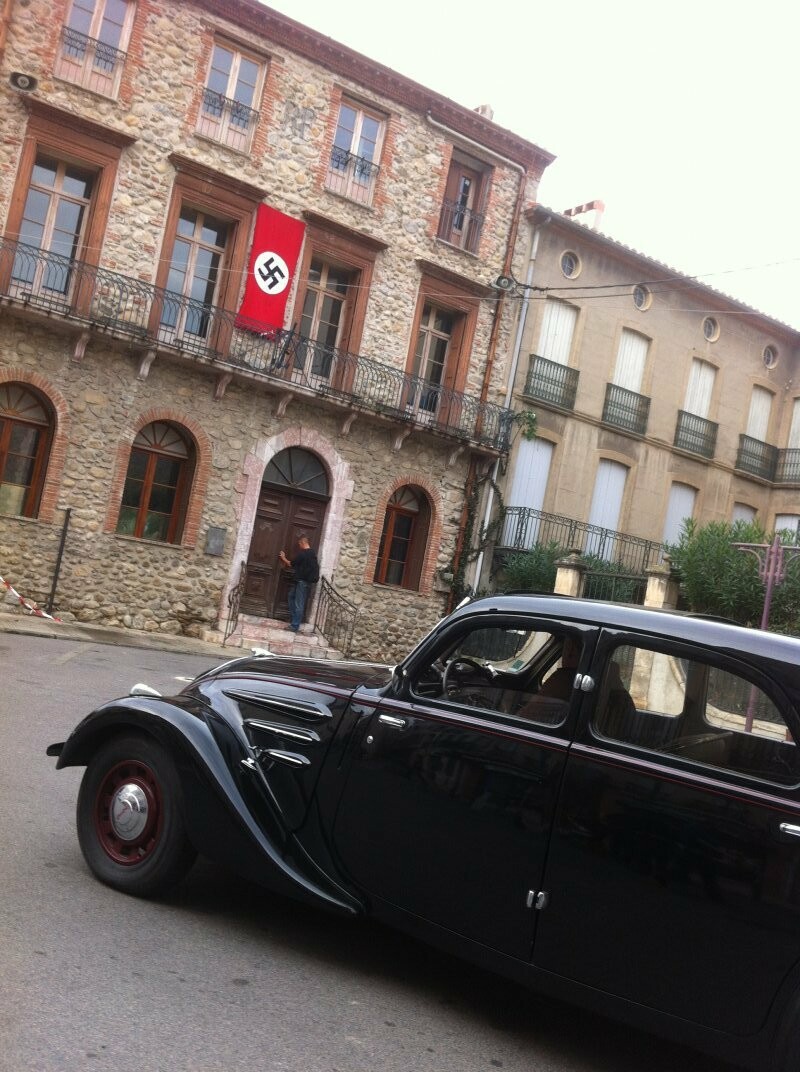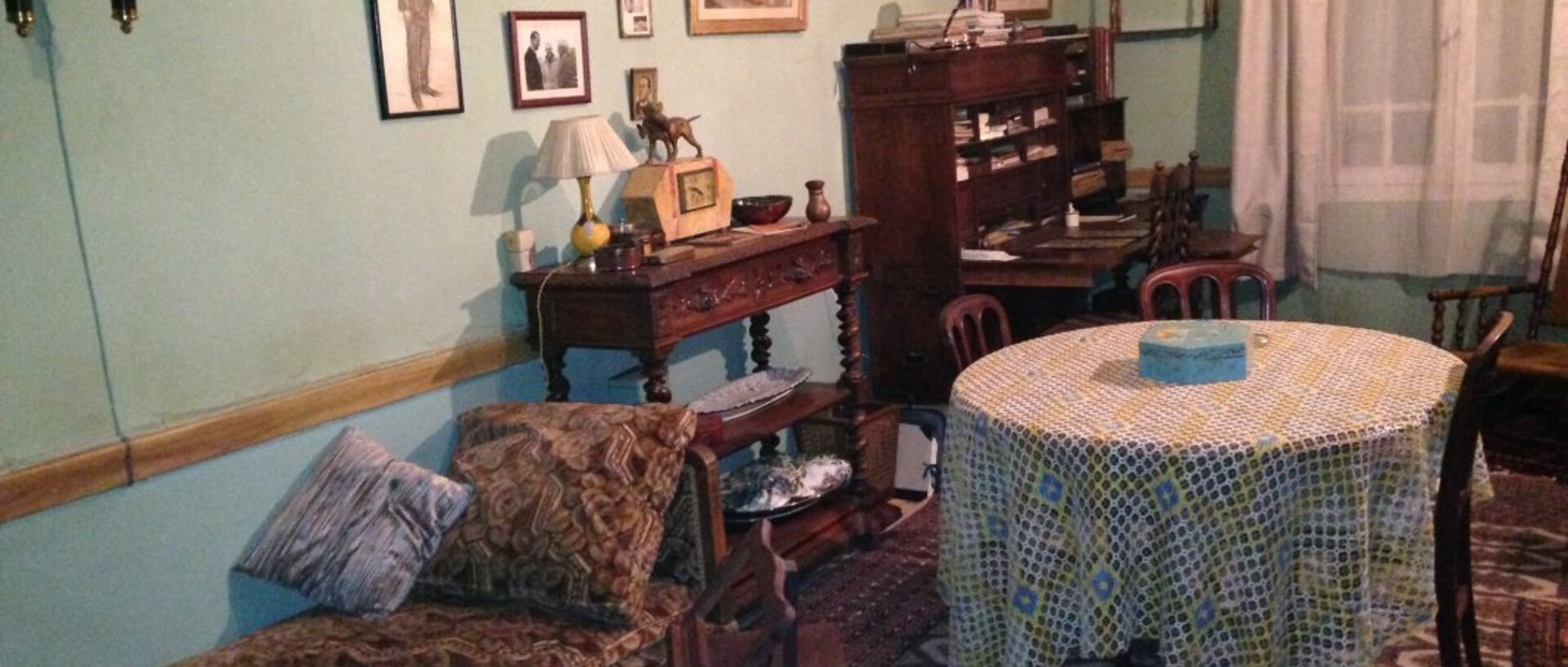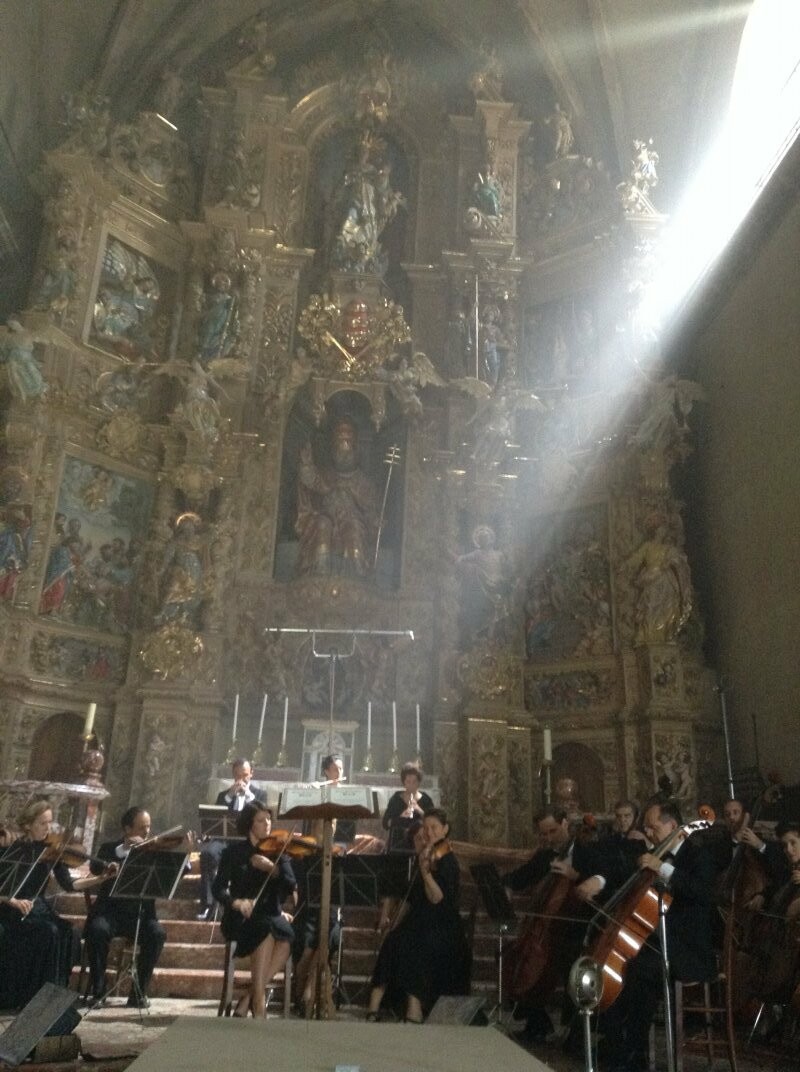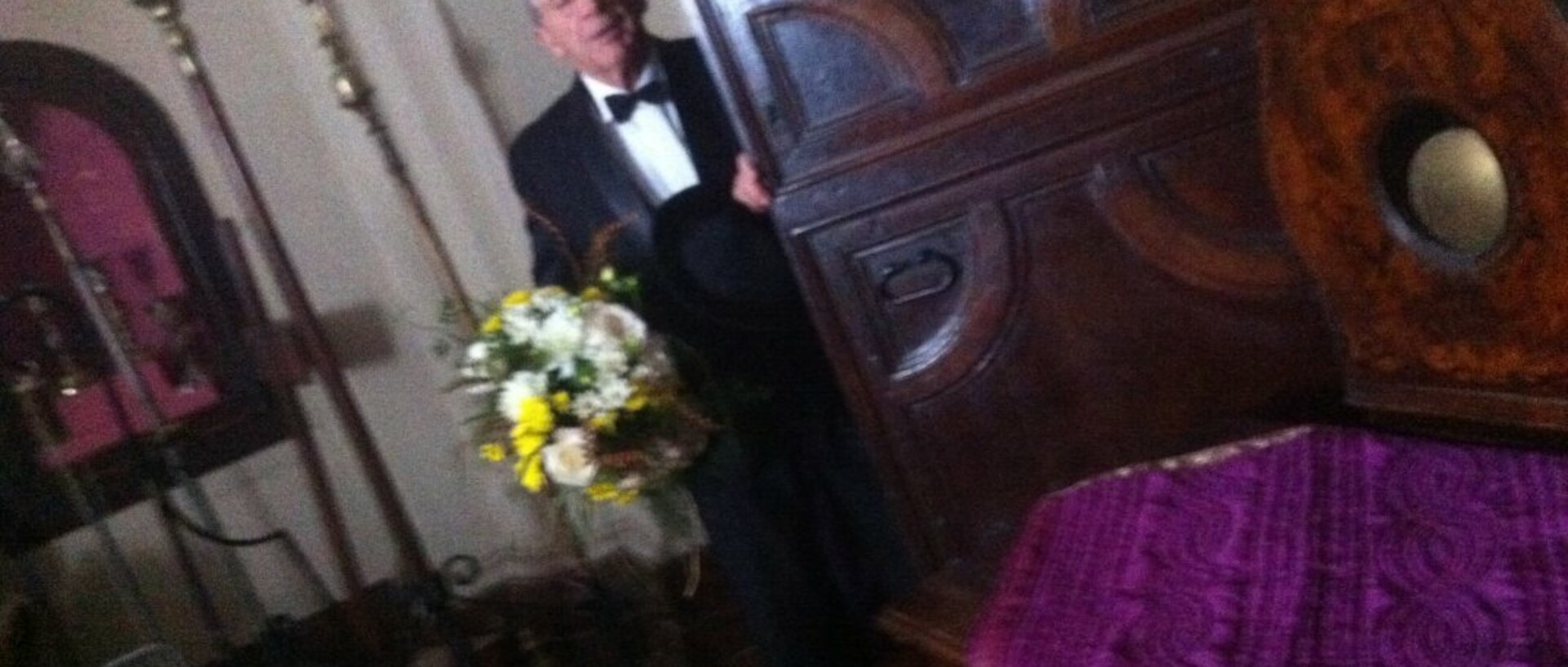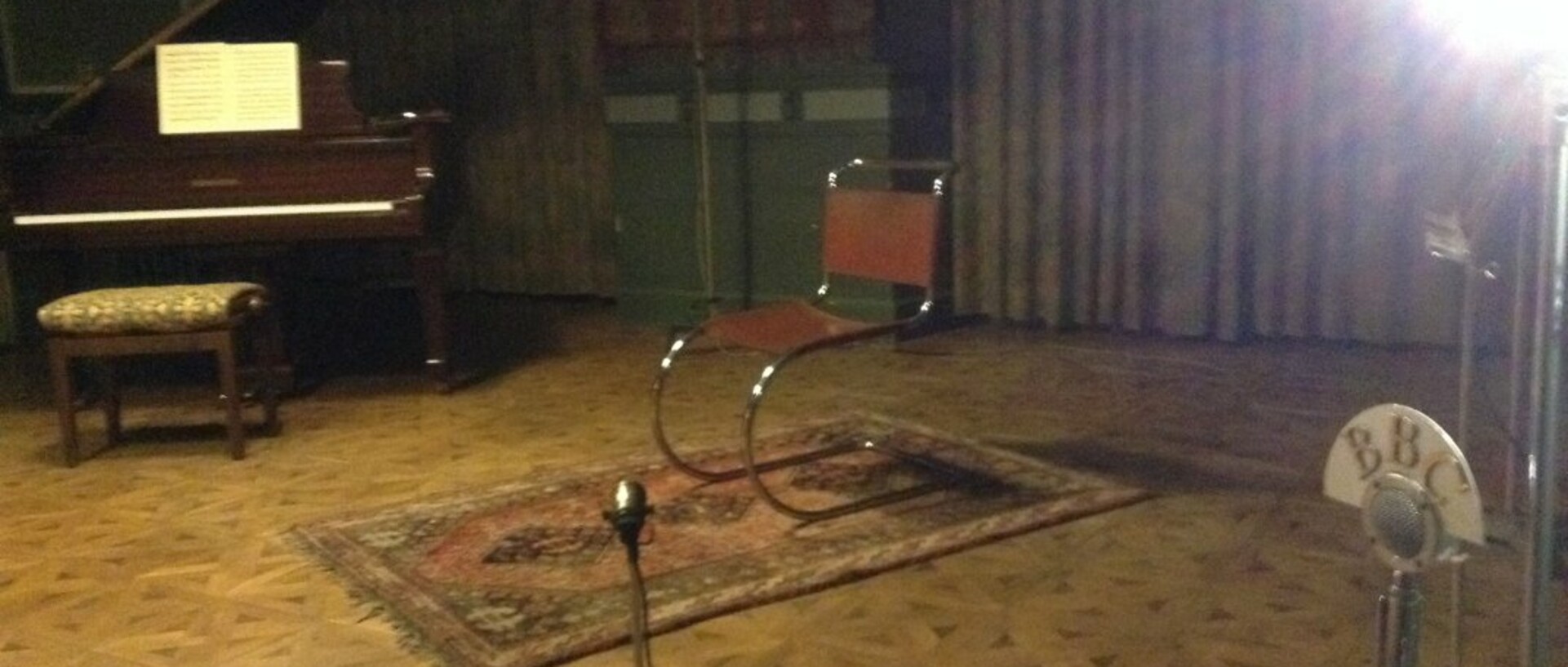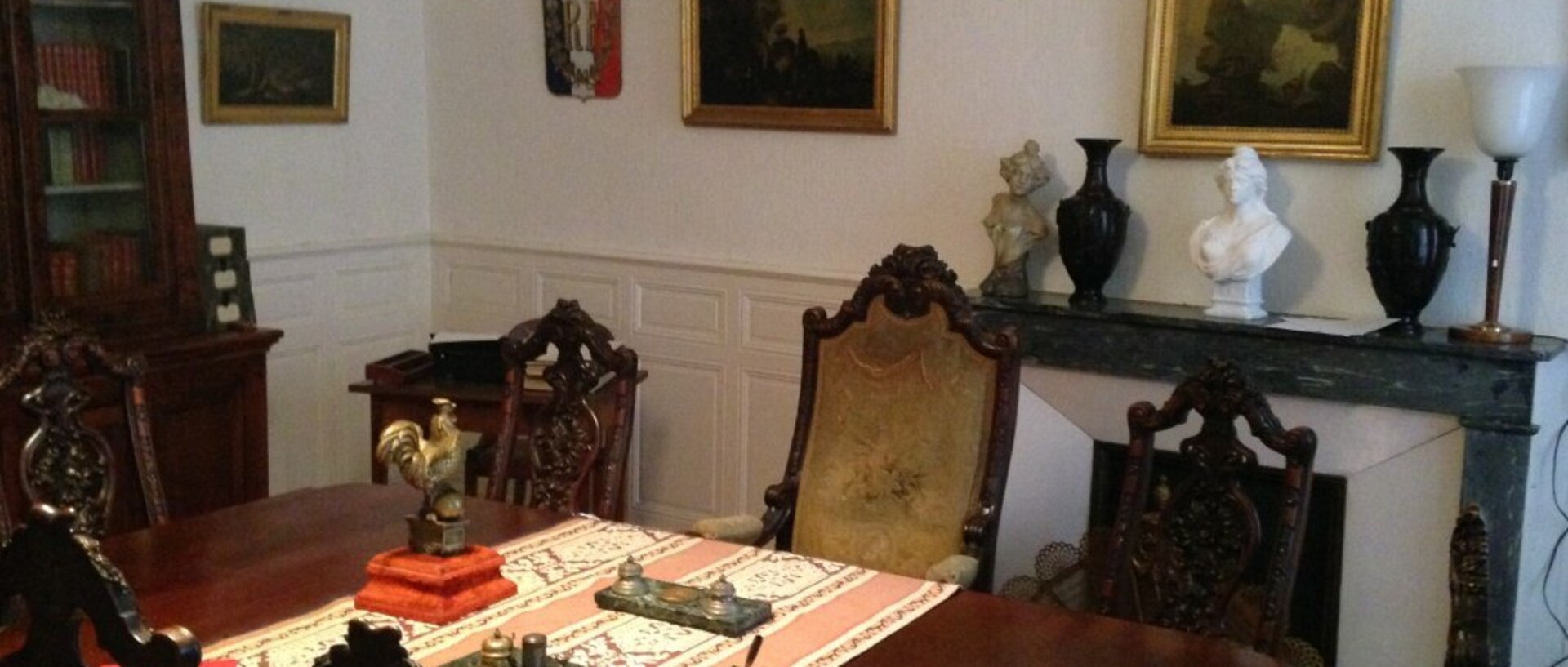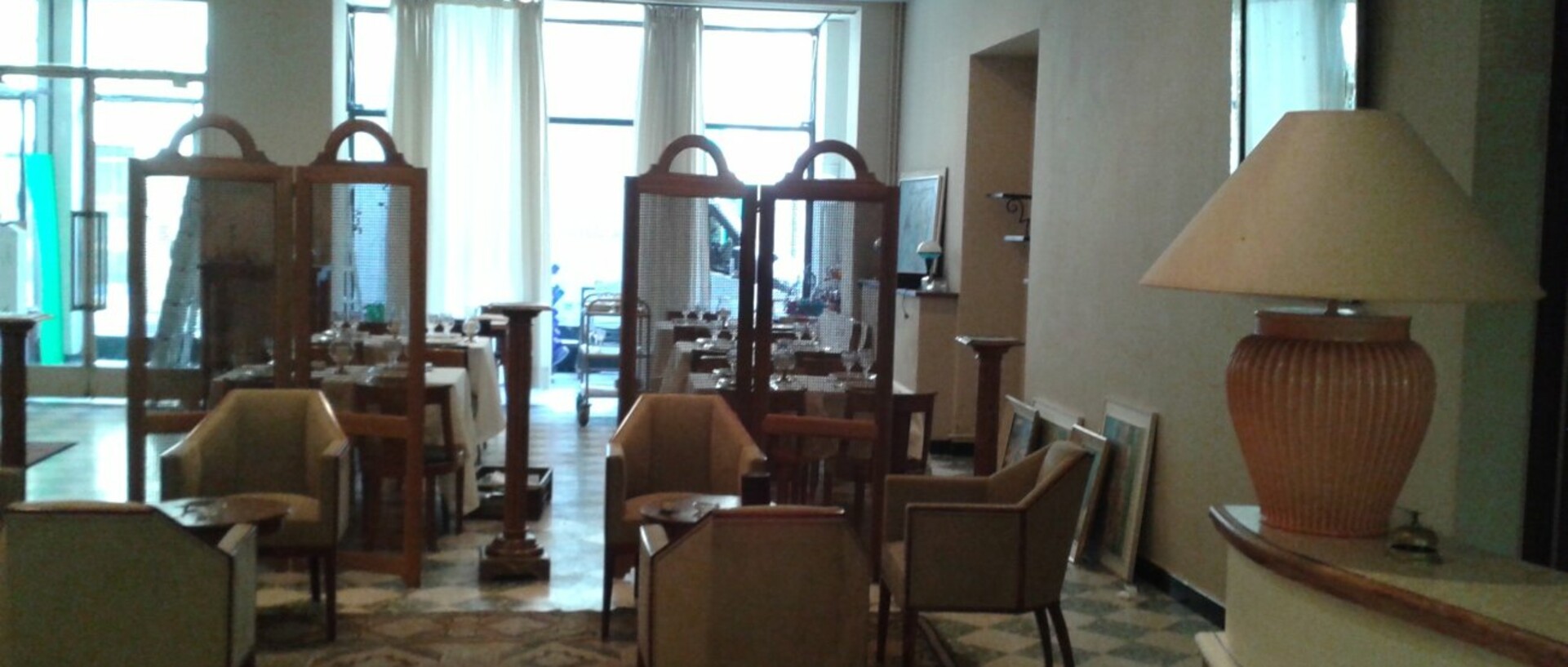Notes du chef décorateur
In the mid-1940s Pau Casals is considered the best musician of his day. He lives in exile in Prades in France, from where he tries to help republican families in need, while often having to hide from the Gestapo who control the area. As a protest, the maestro has decided to not play in public while Franco is in power and western countries do nothing to bring about his overthrow. Meanwhile, he makes ends meet by giving cello classes. One of his students is Pierre, a young Frenchman who is especially affected by the fact that a great musician of Pau Casals’s calibre is not offering his talent to the whole world. The young man tries to persuade the cellist to give up his silent protest, arguing that a concert would create such a stir that it would act as a platform from which to denounce the injustices being committed in Spain. Pierre enlists the help of Schneider, a violinist friend of Pau’s, who pulls all the strings he can, meeting up with acquaintances of Casals’s and making arrangements with influential people to achieve his aim. Finally, the student and the friend break down the maestro’s resistance and Pau Casals gives the long-awaited concert, which is met with great international acclaim. It is the first step towards Casals reassuming a full and active public life and becoming a leading light in the fight for freedom around the world. This film is based on actual events. Its is a Minoria Absoluta, TVC-Televisió de Catalunya and Euskal Telebista production, directed by Manuel Huerga, screenplay by Jordi Vallejo and Maria Jaén starring Joan Pera, Nao Albet, Carme Sansa and Marc Cartes.
